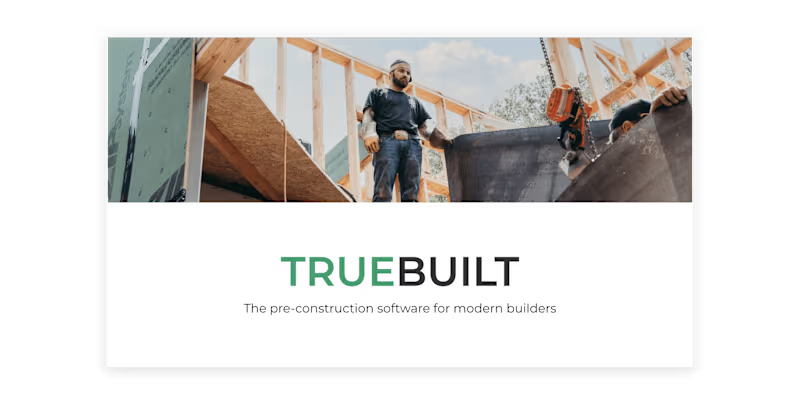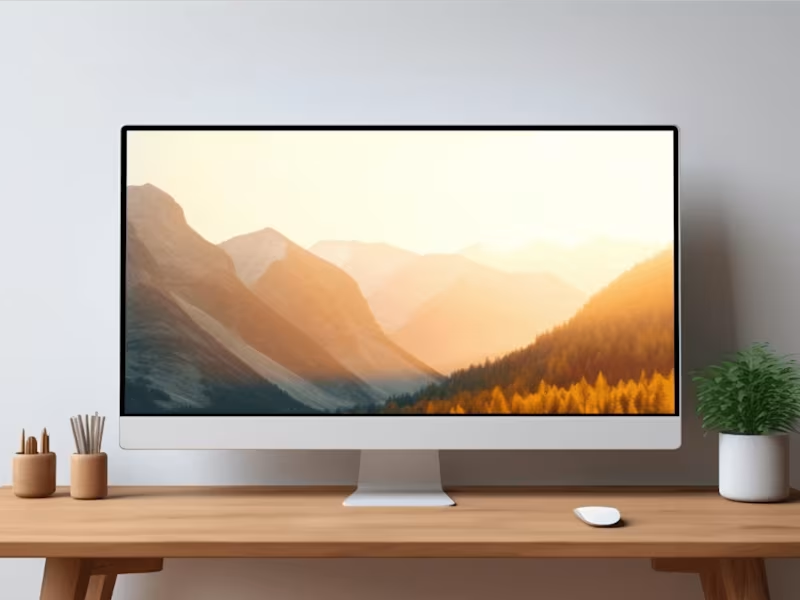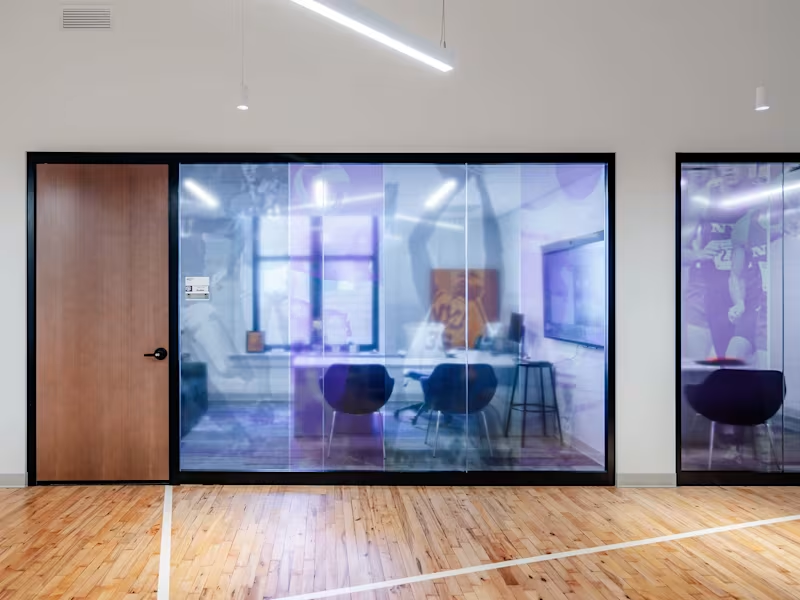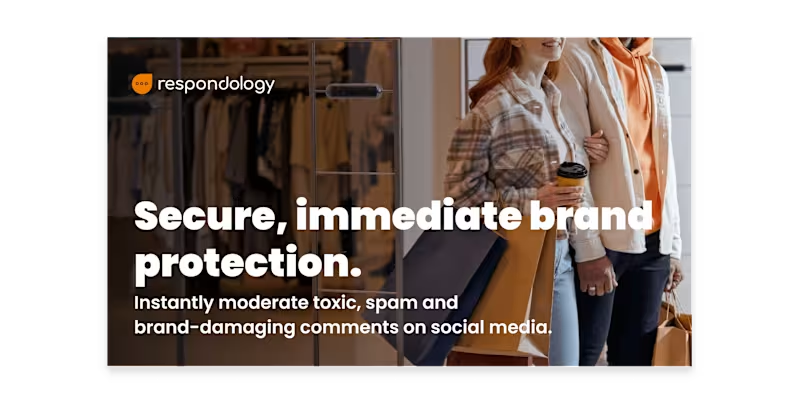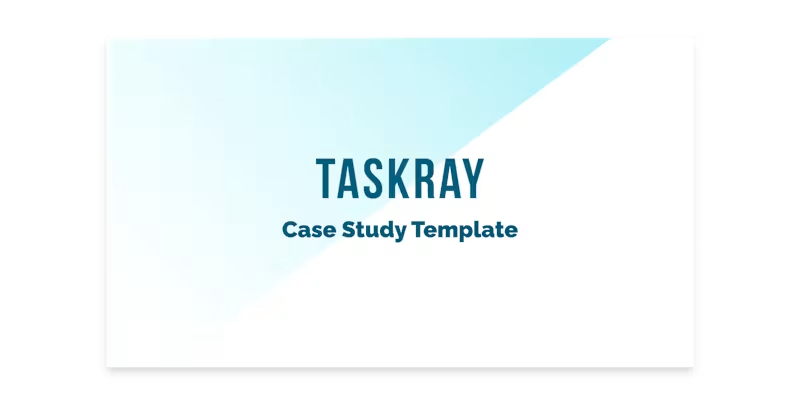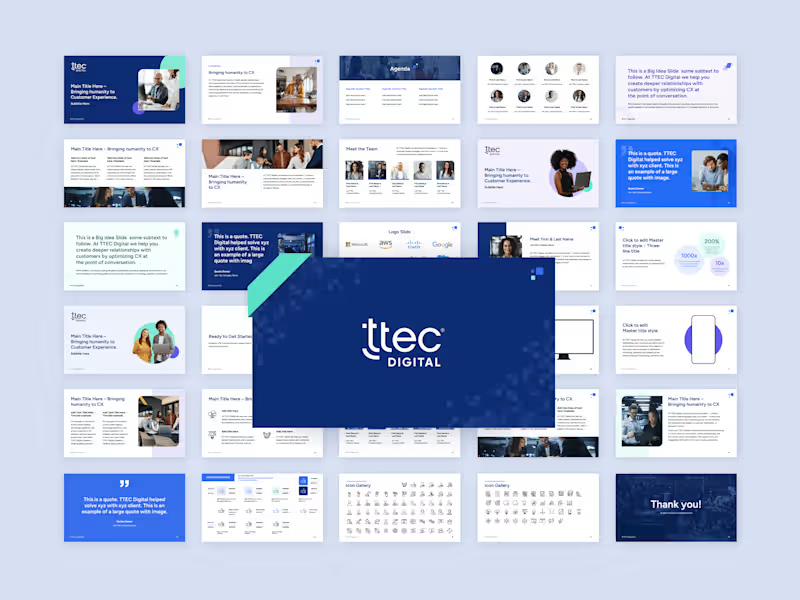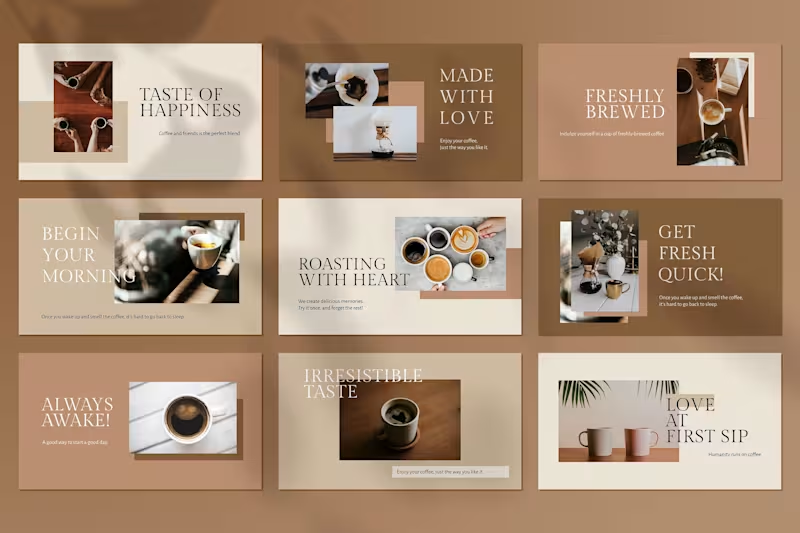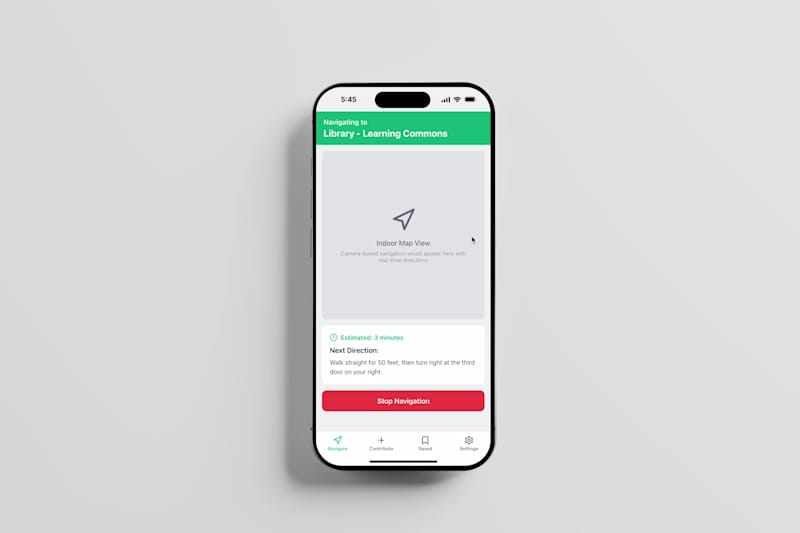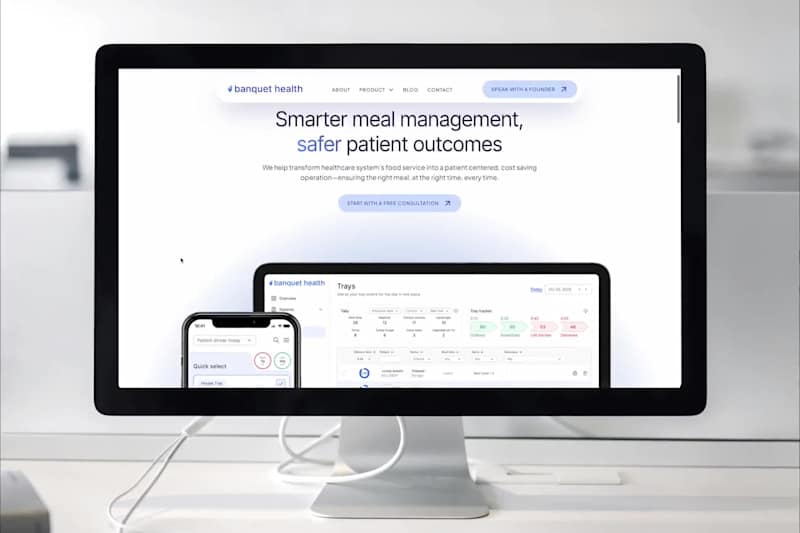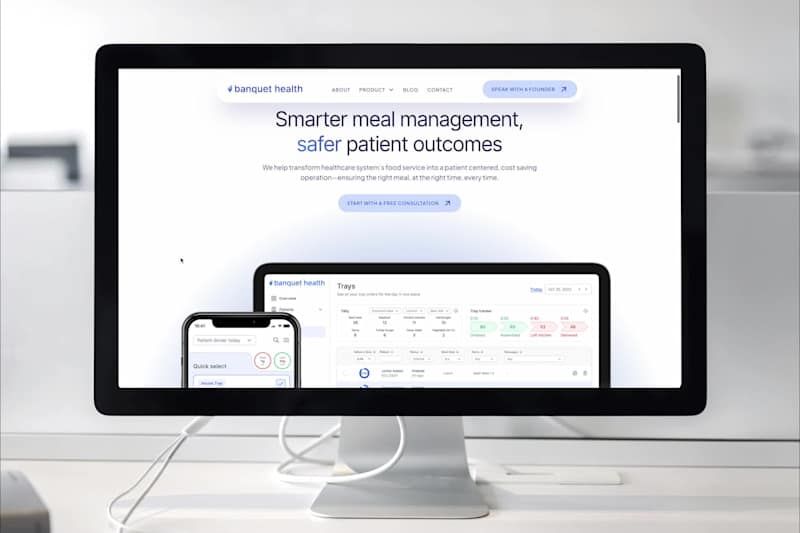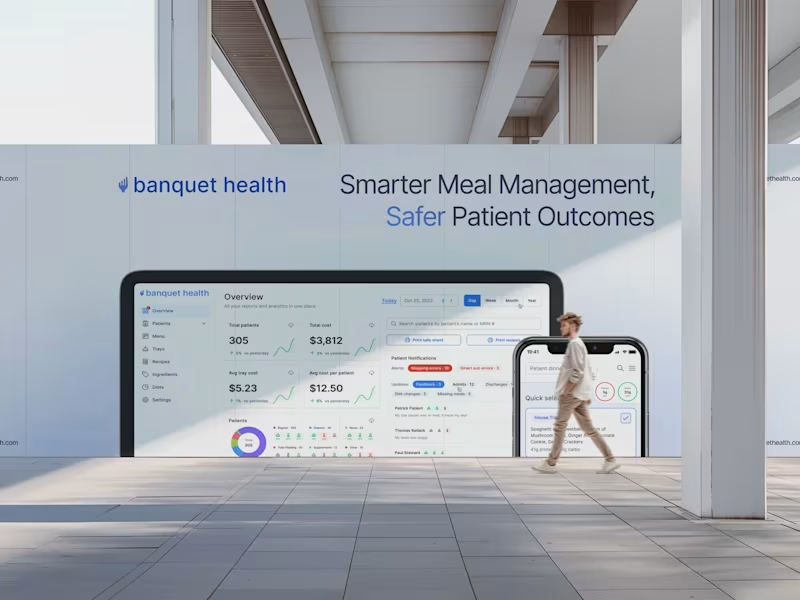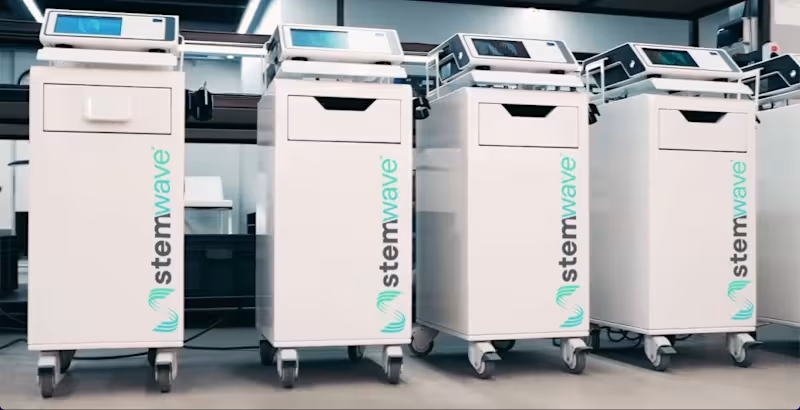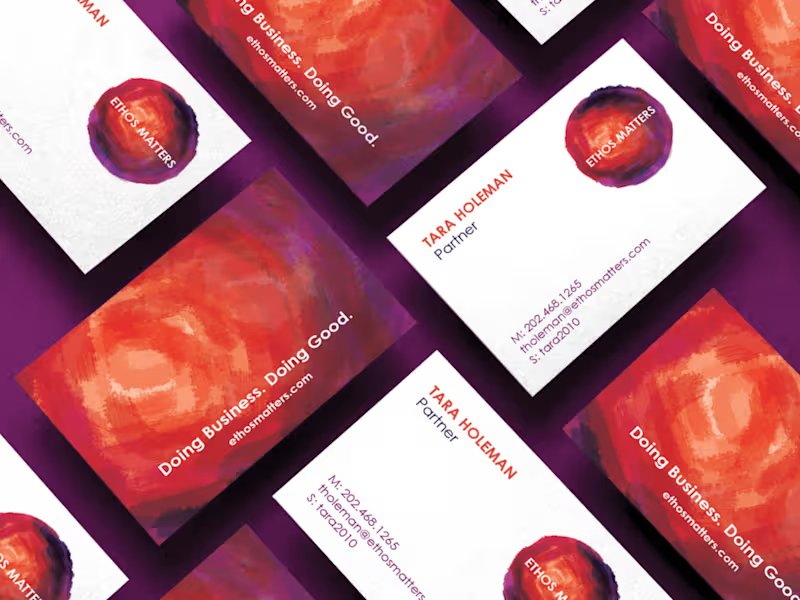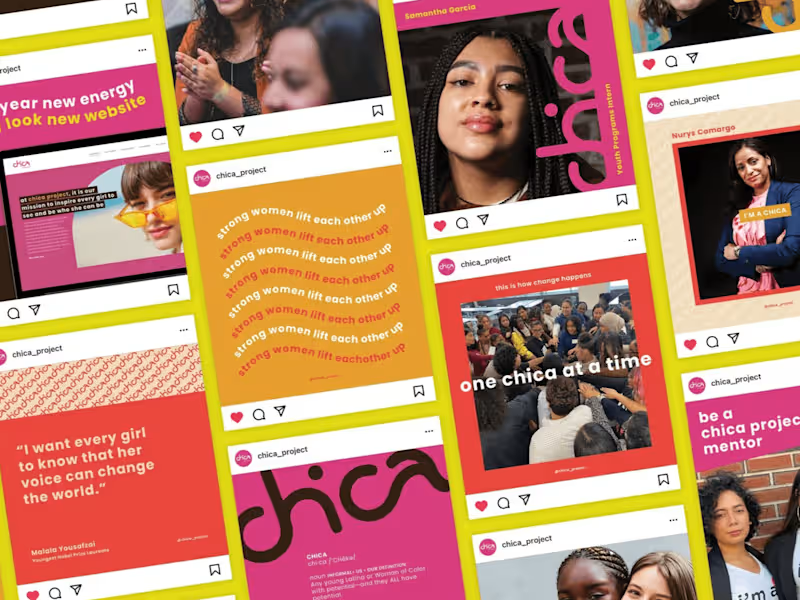What should I look for in a freelance presentation designer’s portfolio?
Check if the designer’s style matches what you need for your project. See if their past work has clear, easy-to-follow slides with good visuals. Make sure they show creativity and understand how to use colors and fonts well. Look for consistency in design across projects. If possible, check if their previous work was well-received by clients, especially those based in Massachusetts.
How can I ensure the presentation designer understands my brand?
Share your brand guidelines with the designer. Discuss the colors, fonts, and logos that must be used in the presentation. Explain what message or feeling you want the presentation to convey. Provide examples of previous presentations that you liked. This makes it easier for the designer to stay true to your brand's voice and style.
What key details should be included in the project brief for the designer?
Include the project's goal, target audience, and key messages in the brief. Specify the number of slides and any required content or data. Mention any design styles or themes you prefer. Be clear about deadlines and if there are review stages. Provide all this information at the start to give the designer a clear direction.
How do I determine the timeline for deliverables to fit a Massachusetts-based event?
Work backwards from the event date in Massachusetts. Allow time for multiple drafts and feedback rounds. Factor in any holidays or business days in Massachusetts that might affect availability. Communicate clearly about when drafts are due and when final slides are needed. This ensures everything is ready well before the event.
What should be discussed during the initial consultation with the designer?
Talk about your project goals and what you expect from the presentation. Ask the designer for their approach and process. Discuss how you will handle revisions and feedback. Set clear communication norms, like how often you will touch base. This helps build a smooth working relationship from the start.
How can the designer best capture local culture for an audience in Boston?
Share any cultural elements that resonate with your audience in Boston. If you want Boston landmarks or themes, tell the designer. Discuss any local slang or humor that might be appropriate. Providing examples and context helps the designer include these elements effectively. This ensures your presentation speaks directly to the Boston audience.
What tools can be used to facilitate design collaboration remotely?
Use tools like slide-sharing platforms for easy access and review of designs. Project management software can track progress and deadlines. Communication apps help maintain contact and handle quick questions. Choose tools that both you and the designer find easy to use. This keeps collaboration smooth and productive.
How should feedback be structured to help the designer improve the presentation?
Provide clear and specific feedback on what works and what needs changing. Be constructive and suggest ways to enhance certain slides. Prioritize your feedback so the designer knows what's most important. Schedule regular check-ins to discuss feedback in detail. This helps the designer make improvements efficiently.
What are the key agreements needed before starting the design process?
Agree on the scope of the project, including the number of slides and any additional materials. Set deadlines for drafts and final deliverables. Discuss who owns the final design rights. Establish how communication will work and who will sign off on the final presentation. These agreements help avoid misunderstandings and set clear expectations.
How can I ensure the presentation designer meets the needs of a Massachusetts-based educational institution?
Understand the unique needs and expectations of the educational institution. Provide curriculum details or educational objectives that should be included. Discuss any state-specific standards or guidelines, particularly if they're Massachusetts-focused. Make sure the designer has experience in educational presentations. This ensures the presentation is relevant and effective for the institution.
Who is Contra for?
Contra is designed for both freelancers (referred to as "independents") and clients. Freelancers can showcase their work, connect with clients, and manage projects commission-free. Clients can discover and hire top freelance talent for their projects.
What is the vision of Contra?
Contra aims to revolutionize the world of work by providing an all-in-one platform that empowers freelancers and clients to connect and collaborate seamlessly, eliminating traditional barriers and commission fees.
People also hire
Explore projects by Presentation Designers in Massachusetts on Contra
Top services from Presentation Designers in Massachusetts on Contra

Adobe Creative Suite
Infographic Designer
Graphic Designer
+2
PowerPoint Deck Clean-Up
$110/hr

Adobe Acrobat
Graphic Designer
Brand Design
+5
Brand partner for post-project for ongoing design & consulting
Contact for pricing

Canva
Presentation Designer
Communication Designer
+4
Basic Presentation Design
Contact for pricing





































